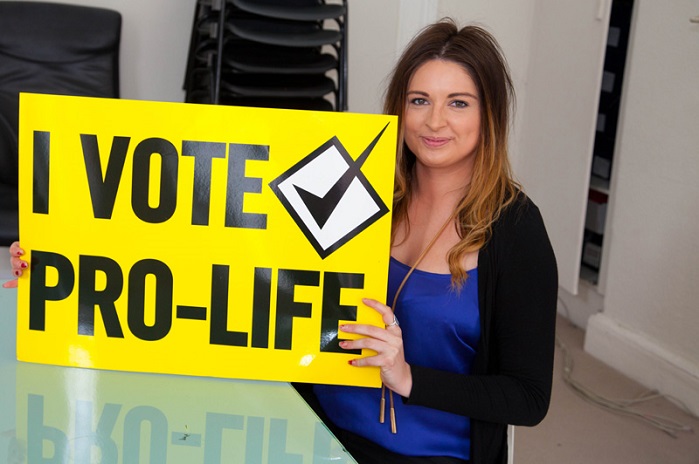Polish abortion activists attracted international attention this fall for conducting violent protests after the nation’s high court banned discriminatory abortions on unborn babies with disabilities.
The on-going protests and international news coverage give the impression that most Poles want their country to legalize abortion on demand, but, according to a new AFP report, that is not the case.
A “silent majority” in the largely Catholic country still supports wide-spread protections for unborn babies, according to the report. Evidence of this can be seen in polls and recent elections where voters have repeatedly elected strong pro-life majorities to parliament.
Poland is one of the few countries in Europe that protects unborn babies from abortions in almost all cases. It allows abortions in cases of rape, incest or threats to the mother’s life.
In October, its constitutional court struck down one of the few exceptions allowed in its 1993 abortion law – abortions on unborn babies with disabilities. The justices ruled that the exception violates the constitution because it discriminates against human beings with disabilities.
Abortion activists responded to the ruling with massive protests and violent riots, vandalizing buildings and disrupting church services, blocking roadways and violating coronavirus restrictions.
HELP LIFENEWS SAVE BABIES FROM ABORTION! Please help LifeNews.com with a year-end donation!
Political commentator Adam Szostkiewicz told AFP that there is growing support for abortion in younger generations – “but that’s not the majority.”
“The majority had been silent for years, holding the belief that if the [Catholic] Church says so and politicians don’t question it, then evidently that’s just how it must be,” Szostkiewicz said.
Catholicism and support for the rights of all human beings grew in Poland after communist control ended. According to the report, abortions were legal and widely available in Poland when the communists ruled the country, but things changed when they fell from power. In 1993, parliament passed a law to protect unborn babies from abortions in most cases.
“There was no sexual revolution in Poland. On the contrary, we had a religious renewal, because the mobilisation against the communist regime was associated with religion,” sociologist Katarzyna Zielinska told the news outlet.
And with that change came changes in attitudes among Poles about the value of unborn babies.
Here’s more from the report:
In 1992, 47 percent of Poles believed abortion should be permitted in difficult financial circumstances, according to the CBOS institute.
By 2016, approval was down to 14 percent.
The decrease can be attributed to multiple factors, including the tendency for laws to shape attitudes …
More recent polls indicate that the “devout Catholic country is far from turning pro-choice,” the report continues. These include an October poll by Kantar that found 22 percent support abortion on demand, while 62 percent believe abortion should be legal only in certain cases and 11 percent believe it should be completely illegal.
Another poll by Estymator this fall found 67 percent support the existing law, while only 19 percent want the country to expand abortions.
Szostkiewicz, who is sympathetic to the pro-abortion protesters, seemed skeptical that Poland will act on abortion activists’ demands any time soon.
He said the young pro-abortion movement “will most likely grow in strength, and will have an effect on broader public opinion. But will that happen now or in the near future? I don’t know.”
But pro-life advocates also are active in the country, working to educate people about unborn babies’ value and support them and their families.
“One cannot kill a child for being sick. This is not a fetus, it is a child,” MP Maria Kurowska, of United Poland, told Reuters in October.
Mikolaj Pawlak, the commissioner for child rights in Poland, celebrated after the nation’s high court recognized that it is wrong to discriminate against unborn babies with disabilities.
“The decision of the Constitutional Court declaring eugenic abortion incompatible with the constitution is a victory of life over death,” Pawlak said. “It is a restoration of equal rights for every human being, including those who have not yet been born.”
Polish health officials reported 1,100 abortions in 2019.








